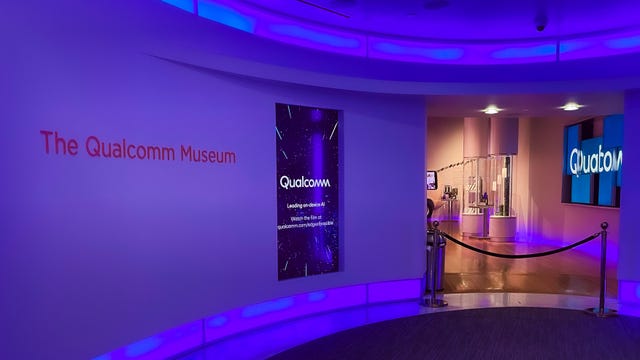
An Iridium satellite is launched using a SpaceX Falcon 9 rocket.
The satellite-to-phone trend we predicted last year didn’t take off as expected, and one of the casualties was satellite network owner Iridium’s severed partnership with chipmaker Qualcomm. Now on its own, Iridium has launched its own service device makers can use to let you send text messages through satellites.
Project Stardust, as Iridium’s service is called, will offer the company’s constellation of satellites to device manufacturers and carriers to provide connectivity straight to phones, cars, mobile networks and internet of things devices. Unlike Iridium’s previously planned partnership with Qualcomm, which was a proprietary service, Project Stardust will comply with the 3GPP 5G standards for non-terrestrial networks.
Read more: Satellite Messaging: The 2023 Phones Trend That Wasn’t (Yet)
“The industry is moving quickly towards a more standards-based approach, and after surveying the field, we found that we’re the best positioned to lead the way using our own network, particularly given our true global coverage,” Iridium CEO Matt Desch said in a press release.
Iridium’s constellation of satellites operate in low Earth orbit (LEO), which are a shorter distance away from Earth’s surface than satellites in geostationary orbit and thus take less time to relay messages to phones. Globalstar, the network Apple uses for its Emergency SOS service, also has LEO satellites, but its constellation coverage is limited to certain continents, while Iridium says its satellites have global reach.
A model of Iridium’s global satellite coverage.
Iridium won’t offer this service directly to consumers; rather, it will partner with companies so that they can develop their own proprietary solutions. Initially, this service will enable 5G messaging and SOS emergency capabilities for phones, tablets, cars and similar consumer applications, according to the press release.
Iridium didn’t mention whether future service would be capable of sending voice and data. That would presumably require more modern satellites than those that Iridium currently uses, which were launched 25 years ago and are around halfway through their lifespan. When Iridium first announced its partnership with Qualcomm at last year’s CES 2023, a Qualcomm executive noted that the current satellites’ GSM-like signal system is closer to 2G than 5G.
Iridium is already working with companies to incorporate their needs into Project Stardust, which they plan to begin testing in 2025 with service expected to start in 2026.

 Watch this: I Tried Emergency SOS via Satellite on the iPhone 14 06:04
Watch this: I Tried Emergency SOS via Satellite on the iPhone 14 06:04
Inside Qualcomm HQ’s Appointment-Only Museum Filled With Retro Phones





 +21 more See all photos
+21 more See all photos
